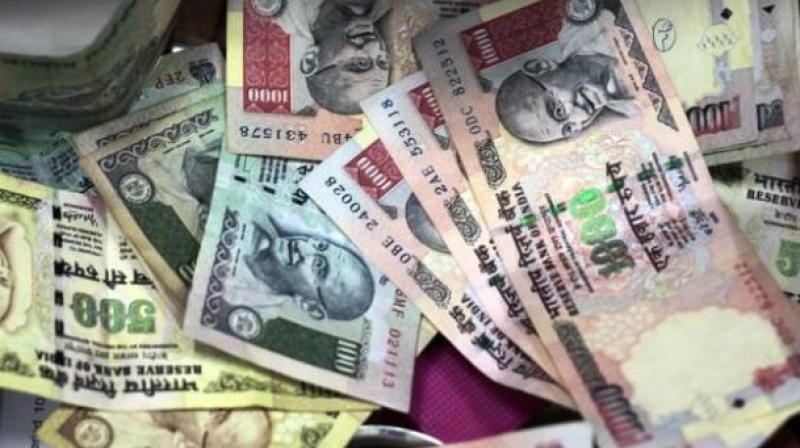Electoral reforms: A very long way to go

The recent debate about electoral reforms with an aim to bring transparency in political funding is timely. Recently, according to a survey conducted in 25 countries, Indians worry the most about political corruption, though unemployment seems to be the biggest worrying factor. While there have been concerns on bringing about electoral reforms even in the past, the recent debate is slightly different from the earlier ones as it focuses more on the issue of bringing about reforms in political funding, to ensure transparency and make parties more accountable. The recent announcement about political parties being allowed to deposit old currency notes up to Rs 20,000 without being questioned while the common man may be asked several questions for depositing cash up to Rs 5,000, generated fresh debate on the issue of electoral reforms.
It is in no way a continuation of several attempts made in the past that ended with setting up of committees. Sadly, the committees looked at the issue through techno-managerial lens and the most sought-after recommendation that was suggested was state funding of elections. Sadly, none of the earlier discussion on how to bring about reforms paid any attention to the issue of laying down norms about reforming the political parties, or on how to make elections more inclusive where an average citizen could participate without any problems. Sadly, during the last several years, political parties have almost remained silent on the issue of bringing about transparency in their funding and even about coming under the ambit of the Right to Information Act. During elections, all political parties spend a huge amount of money that the common man cannot even imagine.
The age-old rule of exempting political parties from disclosing the source of donations/ income or paying income-tax on donations of less than Rs 20,000 has been misused by all political parties as they encourage donations in multiples of less than Rs 20,000. It is only mandatory for political parties to disclose the source as well as the amount they have received by way of donations and pay income-tax, if the donation is more than Rs 20,000, as any amount more than this could be accepted only by cheque or similar such accountable sources. Rightly, all of them do not find any flaw in this law as it benefits them. So why would they like it to be changed? The recent proposal of the Election Commission to reduce the amount of undisclosed donations to less than Rs 20,000 has been welcomed by Prime Minister Narendra Modi, but we are yet to see if it remains in the dark tunnel or it sees the light of the day.
The recent report mentions national parties receiving more than Rs 100 crores in donations in 2015-16 from 1,744 donations. While these figures speak of the accounted funds of political parties, what we do not get to know is how much donations these parties received in the form of anonymous contributions. No wonder that the Election Commission has found out that there are 255 registered political parties which are registered but have never contested elections. It is widely believed that such political parties exist only on paper and are suspected to be potential conduits for money-laundering. In a welcome move, the names of such political parties have been forwarded to the income-tax department for scrutiny. The EC has also made a suggestion that the rules should also be amended to make it a punishable offence of jail up to two years for submitting false affidavits. It proposes to debar candidates charged with cognisable offence from contesting elections. It is hard to believe that the parties will bring about these changes by way of bringing about electoral reforms.

